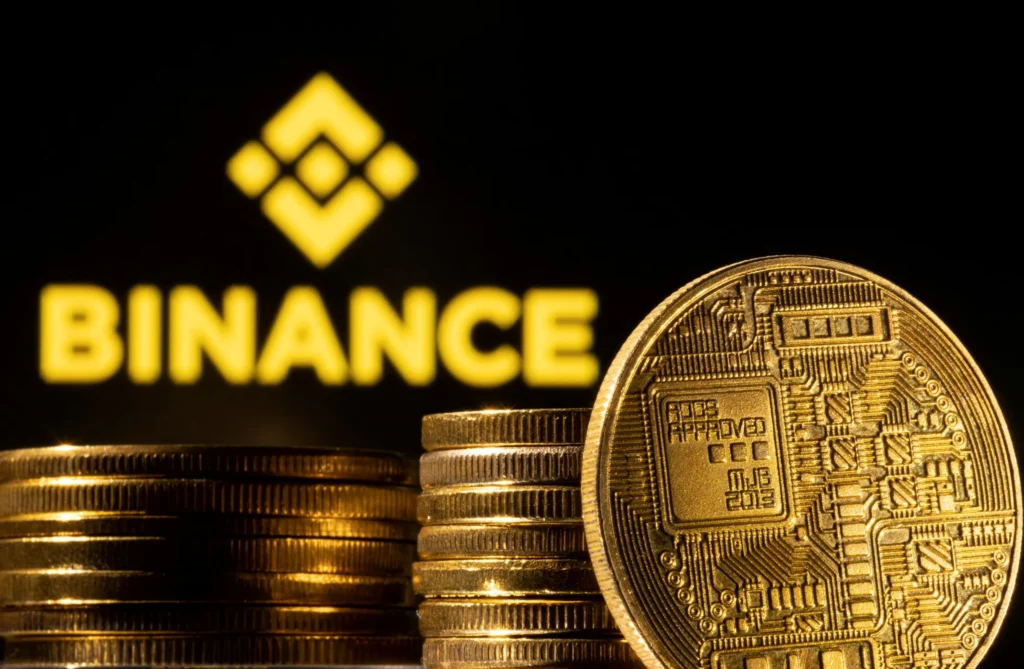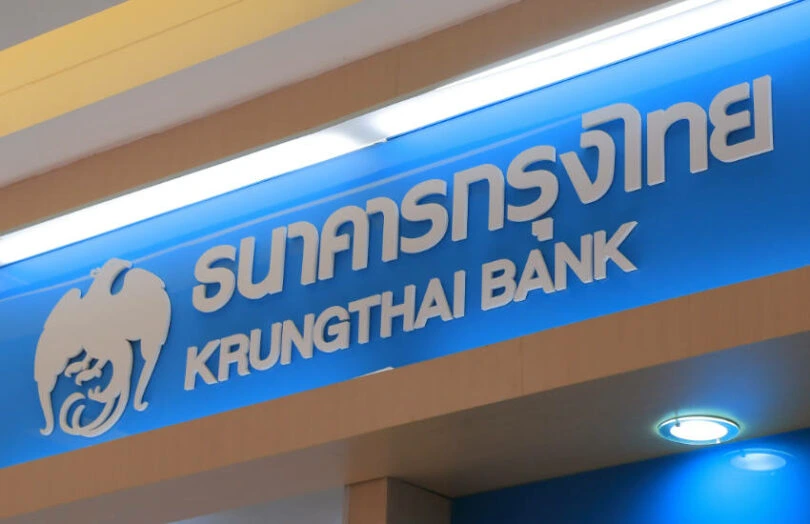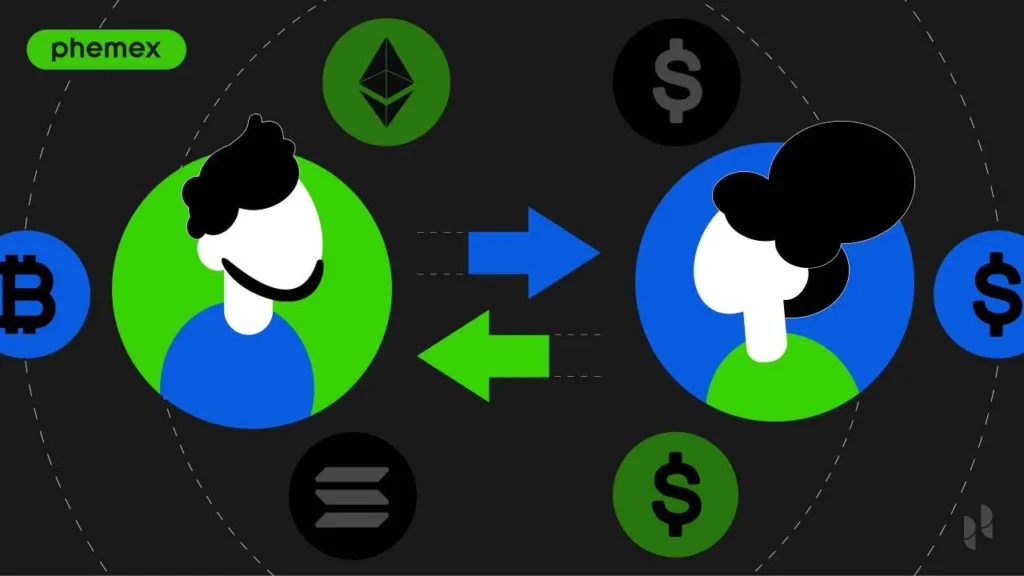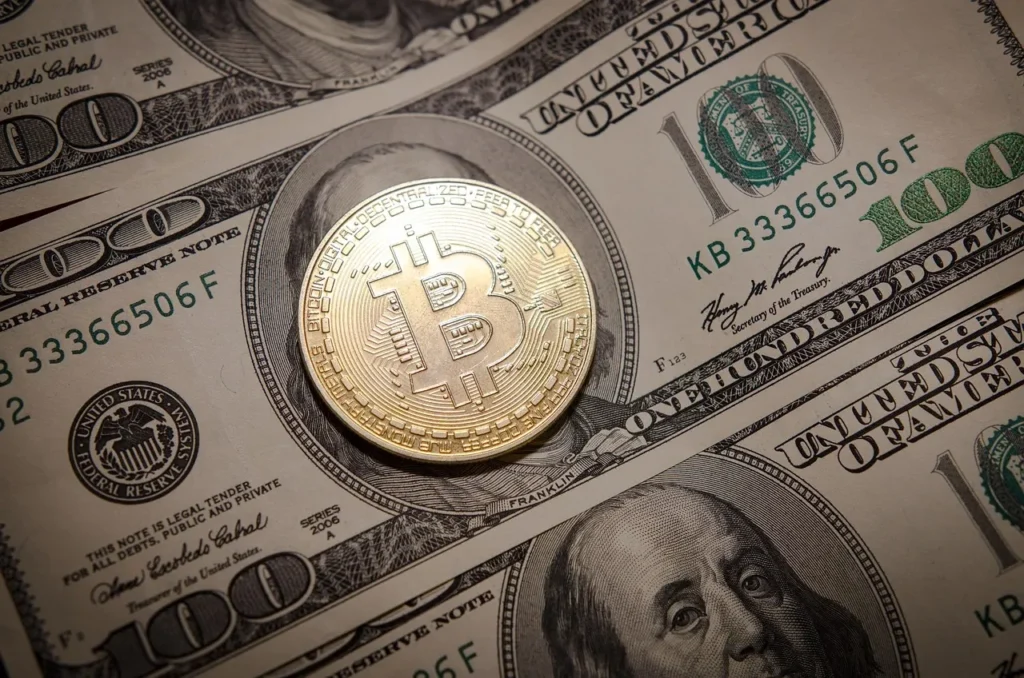Is Binance or Bitkub Better for Thai Crypto Traders? Let’s Break It Down
May 14, 2025

Binance or Bitkub for Thailand? Key Questions Answered (FAQ)
Binance vs Bitkub Thailand: If you’re trading crypto in Thailand, two names always come up: Binance and Bitkub. But which is actually better for Thai users? Below, we break it down in plain English — no hype, just facts — and answer the most common questions people ask.
1. Binance vs Bitkub Thailand: Which platform is more beginner-friendly for Thai users?
Bitkub is generally easier for newcomers in Thailand. The interface is in Thai, the customer support speaks your language, and it’s designed with locals in mind. Binance, while powerful, can be overwhelming with its advanced tools and global scope.
That said, if you plan to dive deep into trading or crypto beyond the basics, Binance may grow with you better — once you get the hang of it.

2. Binance vs Bitkub Thailand: What about trading fees — which one’s cheaper?
Binance has the clear edge here. It charges just 0.1% per trade, and even less if you use BNB (its native token). In comparison, Bitkub charges a flat 0.25%, which adds up over time if you’re trading frequently.
Still, Bitkub’s simple structure means no hidden fees — what you see is what you pay. For some users, that’s worth the slight premium.

3. Binance vs Bitkub Thailand: How easy is it to deposit and withdraw Thai Baht?
Bitkub wins this one hands down. It’s fully integrated with Thai banking systems, so deposits and withdrawals via local banks are smooth and fast.
Binance no longer supports direct Thai Baht deposits due to regulatory issues, so you’ll have to use third-party services or convert via stablecoins — which can be less convenient and carry extra steps.

4. Is Binance legal in Thailand? What about Bitkub?
Bitkub is fully licensed by the Thai Securities and Exchange Commission (SEC). It operates under Thai law, which gives users more legal clarity and protection.
Binance, meanwhile, has had a rocky relationship with regulators in Thailand and globally. It doesn’t hold a Thai license but offers limited services, like peer-to-peer (P2P) trading, to Thai users. It’s not illegal to use — but it’s less regulated locally.

Credit from : Phemex
5. Who has more coins and trading features?
Binance easily leads in this area. It offers hundreds of cryptocurrencies, including niche altcoins, and features like staking, margin trading, launchpads, and more.
Bitkub offers a more basic lineup — BTC, ETH, USDT, and a few others. For many everyday investors, that’s more than enough. But if you’re looking to explore deeper into the crypto ecosystem, Binance has the tools.


6. Which one is safer to use in Thailand?
Safety depends on how you define it.
If you mean regulatory safety — Bitkub, without question. It’s backed by Thai regulations, offers customer support, and is held accountable by local laws.
If you mean technical robustness and security features, Binance is one of the largest exchanges in the world and invests heavily in protection — but its legal position in Thailand is murkier.
7. Can I use both Binance and Bitkub together?
Yes, and many Thai users do just that.
A common strategy is:
- Use Bitkub for fiat deposits and baht conversions.
- Then send USDT or BTC to Binance for broader trading options.
It requires extra steps, but it combines local ease with global features.
8. So which platform should I choose — Binance or Bitkub?
It really depends on your goals:
- If you want simplicity, local bank support, and Thai-language service, go with Bitkub.
- If you’re looking for low fees, advanced trading tools, and a wider coin selection, then Binance might be worth the extra setup effort.
Still unsure? Try both with small amounts and see which feels more intuitive. There’s no harm in testing the waters before going all in.
Final Word on Binance vs Bitkub for Thai Traders
There’s no universal winner in the Binance vs Bitkub Thailand question — it all comes down to your comfort, your trading habits, and what you value more: local ease or global power.
Pick the one that makes your trading smoother and keeps your stress low. In crypto, that’s worth more than chasing the perfect platform.

